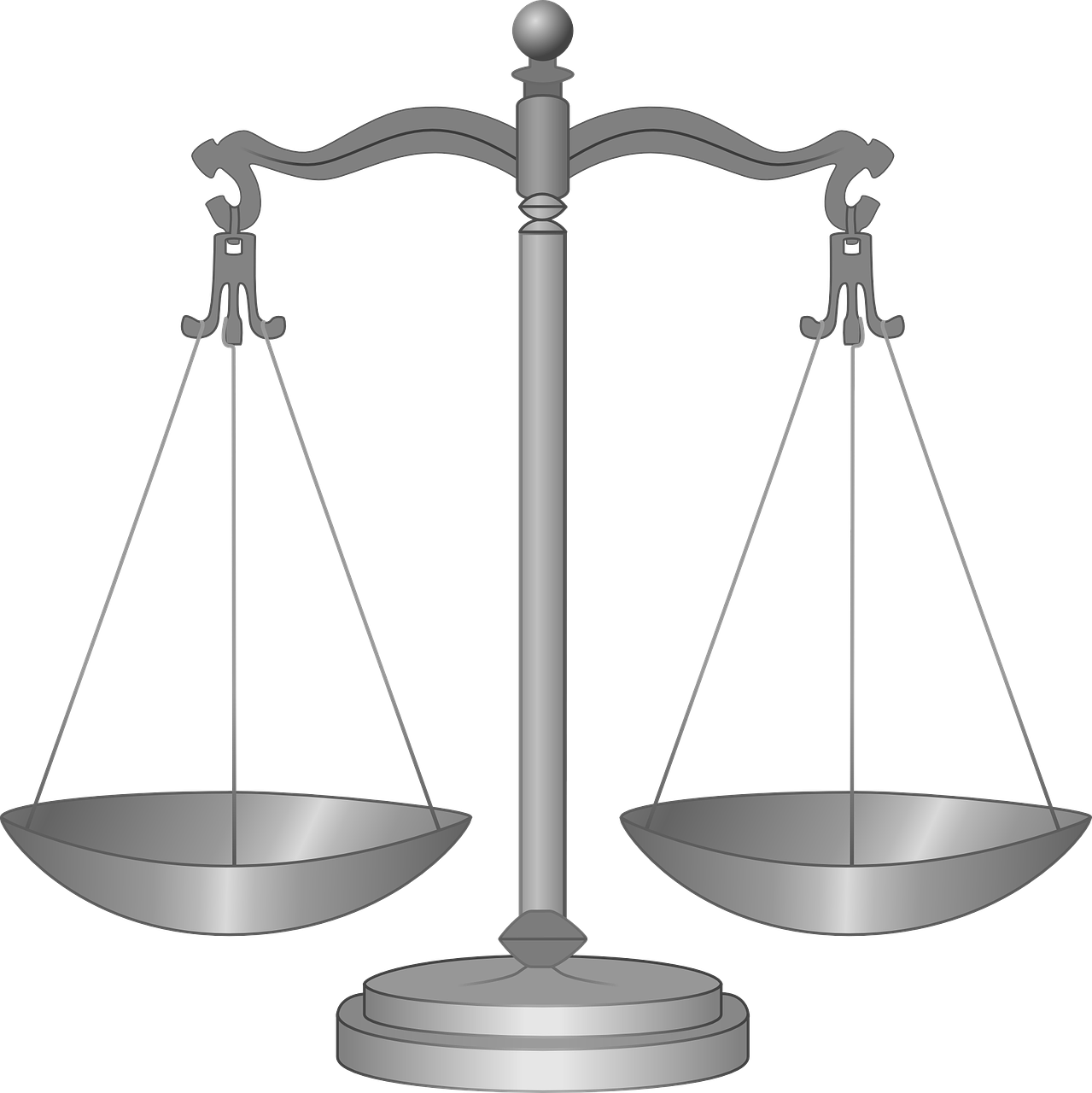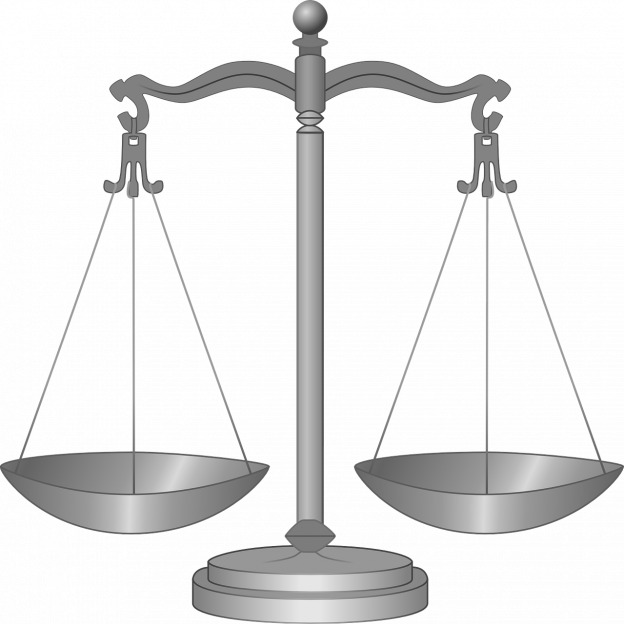In the realm of criminal law, a conviction carries significant consequences that can impact both individuals and businesses. Understanding the intricacies surrounding criminal convictions is essential for those facing charges or who may find themselves involved in legal proceedings. This article aims to shed light on the complex world of criminal convictions, offering insights and guidance to individuals and businesses alike. By delving into frequently asked questions and providing succinct answers, this article serves as a valuable resource for readers seeking clarity and professional assistance in navigating the legal landscape surrounding criminal convictions. If you are facing a criminal conviction or have concerns regarding your business’s involvement in such matters, don’t hesitate to reach out to the experienced lawyer listed on this website for a consultation. Your freedom and the future of your business may depend on it.
Understanding Criminal Conviction
Criminal conviction is a legal term that refers to the formal declaration of guilt by a court of law, following a criminal trial or the acceptance of a plea of guilt by the accused. It signifies that an individual has been found guilty beyond a reasonable doubt of committing a criminal offense. Understanding the definition, types, and consequences of criminal conviction is crucial for anyone facing criminal charges or seeking legal advice.
1. Definition of Criminal Conviction
Legal Definition of Criminal Conviction
Under the legal system, a criminal conviction is a formal judgment made by a court that declares someone responsible for committing a criminal offense. This judgment is based on evidence presented during a trial, including witness testimonies, physical evidence, and legal arguments. It signifies that the accused has been found guilty and will be subject to legal penalties.
Elements of a Criminal Conviction
To secure a criminal conviction, the prosecution must establish the presence of several elements. These elements typically include proving the defendant’s intent, their involvement in the commission of the crime, and the absence of any legal defenses. The prosecution must present evidence and convince the judge or jury beyond a reasonable doubt that the accused is guilty.
Difference between Conviction and Arrest
It is important to understand that being arrested is not the same as being convicted. An arrest occurs when law enforcement takes an individual into custody based on reasonable suspicion of their involvement in a crime. However, an arrest does not imply guilt. A conviction, on the other hand, is the formal legal judgment rendered by a court, finding the accused guilty of the alleged crime.

2. Types of Criminal Conviction
Misdemeanor Convictions
Misdemeanor convictions are less serious offenses compared to felonies. These crimes are typically punishable by fines, probation, community service, or short-term imprisonment. Examples of misdemeanors include petty theft, disorderly conduct, simple assault, or driving under the influence (DUI). While less severe, a misdemeanor conviction can still have significant consequences and should not be taken lightly.
Felony Convictions
Felonies are more serious offenses that carry harsher penalties compared to misdemeanors. These crimes include murder, robbery, rape, arson, or drug trafficking. Felony convictions can result in long-term imprisonment in state or federal prisons, hefty fines, or even the death penalty in some cases. The consequences of a felony conviction can have a life-altering impact on an individual’s personal and professional life.
Infraction Convictions
Infractions, also known as violations or petty offenses, are minor offenses punishable by fines rather than imprisonment. These offenses include traffic violations, public nuisance, or minor possession of drugs. While infractions may not carry the same weight as misdemeanors or felonies, they can still result in financial penalties and impact an individual’s driving record.
3. Consequences of Criminal Conviction
Legal Penalties
Criminal convictions carry various legal penalties that depend on the severity of the offense and the jurisdiction in which it was committed. These penalties may include fines, probation, community service, mandatory rehabilitation programs, driver’s license suspension, or imprisonment. The specific consequences of a criminal conviction can vary significantly based on the circumstances of the case and the defendant’s criminal history.
Criminal Record
One of the most significant long-term consequences of a criminal conviction is the creation of a criminal record. A criminal record is a permanent documentation of an individual’s criminal history, including convictions, arrests, and any other interactions with the criminal justice system. Having a criminal record can have severe implications for employment, housing, education, and other areas of life, as it can limit opportunities and lead to social stigma.
Impact on Employment
A criminal conviction can have a significant impact on a person’s employment prospects. Many employers conduct background checks as part of their hiring process and may be reluctant to hire individuals with criminal records. Certain professions, such as healthcare, law enforcement, or positions that require licenses or security clearances, may have specific legal restrictions or regulations regarding the employment of individuals with criminal convictions, further limiting job opportunities.
Loss of Civil Rights
In addition to legal and employment consequences, a criminal conviction can also result in the loss of certain civil rights. These rights may include the right to vote, serve on a jury, possess firearms, or hold public office. Convicted individuals may need to undergo a process of restoration of rights to regain these privileges, which can vary depending on the jurisdiction and the nature of the conviction.

4. Defending Against Criminal Conviction
Hiring a Criminal Defense Attorney
When facing criminal charges, it is crucial to seek the assistance of a skilled criminal defense attorney. A criminal defense attorney specializes in representing individuals accused of crimes and will work to protect their rights, build a strong defense, and navigate the legal process. They can provide guidance, negotiate with the prosecution, and represent the defendant in court if necessary.
Pretrial Strategies
A competent defense attorney will use pretrial strategies to build a strong defense and potentially reduce or dismiss charges. These strategies may involve investigating the facts of the case, interviewing witnesses, gathering evidence, and challenging the admissibility of evidence obtained by law enforcement. Pretrial strategies aim to weaken the prosecution’s case and increase the chances of a favorable outcome.
Negotiating Plea Bargains
In some cases, it may be advantageous for the defendant to consider negotiating a plea bargain. A plea bargain is an agreement between the prosecution and the defense in which the defendant agrees to plead guilty to a lesser charge or accept a reduced sentence in exchange for a concession from the prosecution. Negotiating a plea bargain requires the expertise of an experienced criminal defense attorney who can effectively advocate for the defendant’s best interests.
Going to Trial
If a favorable resolution cannot be reached through negotiations or if the defendant maintains their innocence, the case may proceed to trial. During a criminal trial, the prosecution and defense present their arguments, call witnesses, and offer evidence to support their respective positions. The judge or jury then deliberates and determines whether the defendant is guilty or not guilty based on the presented evidence. Going to trial can be a complex and time-consuming process, and it requires the skillful representation of a criminal defense attorney.
5. Expungement and Criminal Conviction
What is Expungement?
Expungement is a legal process that allows individuals to have certain criminal convictions or arrests removed from their record. Expungement effectively seals the conviction or arrest from public view, making it inaccessible to employers, landlords, or other parties conducting background checks. Expungement laws and eligibility criteria vary by jurisdiction, and not all convictions can be expunged.
Eligibility for Expungement
Eligibility for expungement depends on several factors, including the type of offense, the jurisdiction, and the individual’s criminal history. In general, individuals with low-level misdemeanor convictions, first-time offenders, or those who have completed their sentences and demonstrated rehabilitation may be eligible for expungement. It is crucial to consult with a knowledgeable criminal defense attorney to determine if expungement is a viable option.
Benefits of Expungement
Expungement offers various benefits for individuals with criminal convictions. It allows them to move forward with their lives without the stigma and limitations associated with a criminal record. Expungement can improve employment prospects, housing opportunities, and educational prospects for those seeking a fresh start. It provides individuals with the opportunity to reintegrate into society and rebuild their lives.
6. Frequently Asked Questions about Criminal Conviction
What Are the Different Types of Criminal Convictions?
There are three main types of criminal convictions: misdemeanors, felonies, and infractions. Misdemeanors are less severe offenses that carry lesser penalties, while felonies are more serious crimes that are punishable by longer prison sentences and heftier fines. Infractions are minor offenses that usually result in monetary fines.
What Happens After a Criminal Conviction?
After a criminal conviction, the court will impose legal penalties, such as fines, probation, or imprisonment, depending on the offense. The individual will also have a criminal record, which can have long-term consequences for employment, housing, and other aspects of life. It is crucial to consult with a criminal defense attorney to understand the specific consequences and explore options for mitigating the impact of the conviction.
Can I Appeal a Criminal Conviction?
Yes, it is possible to appeal a criminal conviction if there are legal grounds for doing so. An appeal requests a higher court to review the trial court’s decision for errors or misconduct that may have influenced the outcome. However, the appeal process is complex, and it requires the expertise of an appellate attorney with experience in handling criminal appeals.
How Does a Criminal Conviction Affect Immigration Status?
A criminal conviction can have severe implications for an individual’s immigration status. Depending on the type of offense, a conviction can result in deportation, denial of visas or green cards, or ineligibility for citizenship. It is crucial for non-U.S. citizens facing criminal charges to seek immediate legal advice from an immigration attorney who can provide guidance on the potential immigration consequences of a conviction.
Is it Possible to Seal or Expunge a Criminal Conviction?
Sealing or expunging a criminal conviction is possible in some cases, depending on the jurisdiction and the specific offense. Sealing a conviction means that it will still exist but will be inaccessible to the general public, while expungement completely removes the conviction from the record. Eligibility criteria for sealing or expungement vary, so it is important to consult with a criminal defense attorney who can assess the individual’s circumstances and determine if this option is available.
How Can a Criminal Defense Attorney Help with a Conviction?
A criminal defense attorney plays a vital role in helping individuals facing criminal charges. They provide legal advice, protect their clients’ constitutional rights, build a strong defense strategy, negotiate with the prosecution, and represent them in court. Hiring a skilled criminal defense attorney ensures that defendants have a knowledgeable advocate who can navigate the legal process, fight for their rights, and strive for the best possible outcome.
7. Conclusion
Understanding criminal conviction is essential for anyone facing criminal charges or seeking legal advice. A criminal conviction can have far-reaching consequences, including legal penalties, the creation of a criminal record, and limitations on employment prospects and civil rights. However, through the assistance of a skilled criminal defense attorney, individuals can effectively navigate the legal process, explore defense strategies, and work towards mitigating the impact of a conviction. Additionally, expungement offers a chance for individuals to remove certain convictions from their record, providing opportunities for a fresh start. To ensure the best possible outcome, it is crucial to consult with a knowledgeable criminal defense attorney who can provide guidance and advocate for the individual’s rights and interests.
Frequently Asked Questions:
-
What Are the Different Types of Criminal Convictions? Misdemeanors, felonies, and infractions are the main types of criminal convictions.
-
What Happens After a Criminal Conviction? After a criminal conviction, the court imposes legal penalties, and the individual will have a criminal record, which can impact employment, housing, and other areas of life.
-
Can I Appeal a Criminal Conviction? Yes, it is possible to appeal a criminal conviction if there are legal grounds to do so.
-
How Does a Criminal Conviction Affect Immigration Status? A criminal conviction can have severe implications for immigration status, including deportation and ineligibility for visas or citizenship.
-
Is it Possible to Seal or Expunge a Criminal Conviction? Sealing or expunging a criminal conviction is possible in some cases, depending on the jurisdiction and offense.
-
How Can a Criminal Defense Attorney Help with a Conviction? A criminal defense attorney can provide legal advice, protect constitutional rights, build a defense strategy, negotiate with the prosecution, and represent the defendant in court.



